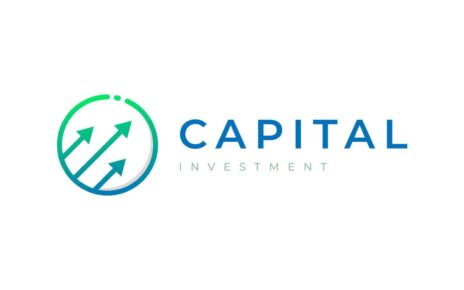It can be difficult to manage funds in the fast-paced world of today. Many find themselves under a pile of debt, whether it be from credit card debt or college loans. Debt counseling can help in this situation. Is it worthwhile, though? And how does it operate? To comprehend this topic’s importance and workings, let’s take a closer look.

Understanding Debt Counseling
It is also known as credit counseling, is a service provided to individuals who are struggling with their financial obligations. It involves working with a trained counselor to assess your financial situation, create a budget, and develop a plan to manage your debts effectively. These counselors are often certified professionals who specialize in personal finance and debt management.
Benefits
One of the primary benefits of debt counseling is that it provides individuals with a structured approach to managing their debts. By working with a counselor, you can gain valuable insights into your financial situation and develop a plan to pay off your debts systematically. Additionally, debt counselors can negotiate with creditors on your behalf to lower interest rates or create more manageable repayment plans.
Debt Counseling vs. Debt Consolidation
It’s essential to differentiate between debt counseling and debt consolidation. While both aim to help individuals manage their debts, they operate in different ways. Debt counseling focuses on educating individuals about their financial situation and developing strategies to pay off debts. On the other hand, debt consolidation involves combining multiple debts into a single loan with a lower interest rate, making it easier to manage payments.
How Does Debt Counseling Work?
It typically begins with a comprehensive assessment of your financial situation. This involves gathering information about your income, expenses, assets, and debts. Based on this assessment, the counselor will work with you to create a personalized budget and debt management plan. This plan may include strategies such as negotiating with creditors, prioritizing high-interest debts, and setting up a repayment schedule.
Is It Worth It?
Many individuals wonder whether it is worth the investment. While debt counseling services may come with a cost, the benefits can far outweigh the expenses. By working with a counselor, you can gain valuable insights into your financial habits and develop strategies to improve your financial health in the long term. Additionally, it can help you avoid bankruptcy and other extreme measures for debt relief.
The Importance of Financial Education
Beyond managing debts, debt counseling also emphasizes the importance of financial education. By learning about budgeting, saving, and investing, individuals can build a solid foundation for their financial future. It’s sessions often include educational components aimed at empowering individuals to make informed financial decisions and avoid falling into debt traps in the future.
Conclusion
To sum up, debt counseling can be a very helpful tool for people who are having financial difficulties. Working with a qualified counselor can help you understand your financial status, create a customized debt management strategy, and acquire useful money management skills. The advantages of better financial health and peace of mind make debt counseling well worth the possible cost. In order to take charge of your finances and create the path towards a better financial future, if you’re struggling with debt-related concerns, think about obtaining it’s services.




